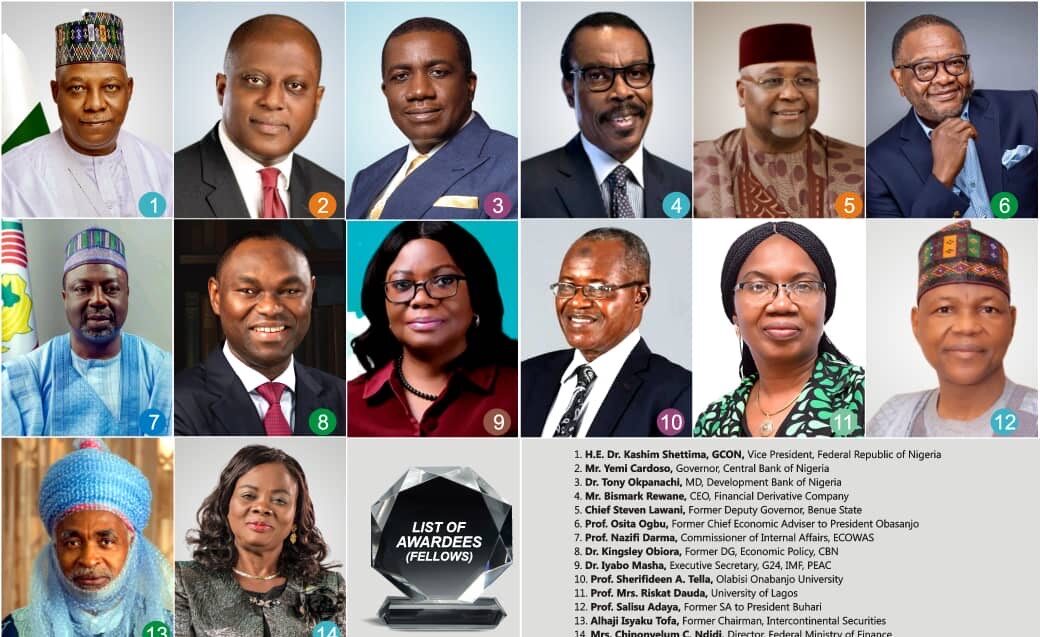Folalumi Alaran in Abuja and Tony Icheku in Owerri
Imo, Bauchi, and Lagos States have been ranked among the most dangerous places for journalists in Nigeria, with risks spread across the Southeast, Northeast, and South-west zones.
Imo State, in particular, was ranked 37th (last) out of 36 states and the FCT, with a dismal score of 40.70 percent, while Bauchi came in 35th with 42.69 percent, and Lagos ranked 22nd with a relatively low score of 48.93 percent.
On the other end of the spectrum, Cross River State—once notorious for high-profile cases of journalist intimidation—was ranked 1st with a score of 70.40 percent, credited for improved openness and a relatively safer environment for journalists in recent years. It was followed by Ondo (63.72 percent), Delta (63.03 percent), Katsina (57.51 percent), Ekiti (57.09 percent), and Gombe (56.05 percent).
These findings were revealed in the Openness Index Report released last Thursday in Abuja by the Centre for Journalism, Innovation and Development (CJID).
The report was presented by Professor Victor Ayedun-Aluma, a media scholar and Professor of Mass Communication and Social Change at the University of Jos.
It assessed the performance of all 36 states and the FCT in upholding press freedom.
The report highlights recurring patterns of repression, intimidation, arrest, harassment, and obstruction of journalistic work, alongside a lack of transparency from state actors.
Lagos State’s poor ranking, the report stated, was due to frequent clashes between journalists and law enforcement agents, restricted access to public information, and cases of harassment during coverage of protests and political events.
Following Imo State in the bottom rankings were Ebonyi (41.90 percent), Bauchi (42.69 percent), Nasarawa (43.65 percent), Anambra (44.68 percent), Sokoto (45.22 percent), and Kaduna (45.72 percent).
Speaking during the report presentation, Prof. Ayedun-Aluma noted that the findings reveal the “uneven and often hostile landscape of media freedom in Nigeria,” and emphasized the urgent need for reforms at the state level.
The CJID report placed the national average for press freedom at 50.1 percent and recommended that states strengthen their freedom of information laws, train security operatives to respect journalists’ rights, and ensure accountability for abuses against media practitioners.
Titled: ‘State of Press Freedom in Nigeria: 2024 Subnational Report’, the study measured key indicators such as access to information, cases of harassment and intimidation, transparency of government institutions, and the presence (or absence) of legal frameworks supporting media practice.
The report further called on state governments to promote access to public records, maintain transparent communication, and establish independent media ombudsman structures to address press-related complaints.
It also found out that on average, southern states performed better than their northern counterparts in terms of press freedom, with the South-South zone emerging as the most open. The CJID attributed this trend to increased civic engagement, a stronger media presence, and higher digital literacy in the South. Still, the report cautioned that no state has yet achieved an ideal press freedom environment.
In his remarks, CJID Chief Executive Officer, Dapo Olorunyomi, emphasised that developmental efforts that ignore liberties cannot endure, and that democracy without transparency is incomplete.
According to him, “We come together today to explore, debate, and elevate the idea of openness, not just as a concept, but as a measurable, lived reality that affects every democratic aspiration and developmental stride our societies hope to achieve.”
Also speaking, the Ambassador of the Netherlands to Nigeria, Bengt Van Loosdrecht, underscored the critical role of a free and independent press in sustaining democracy, warning that this democratic pillar is currently under pressure.
“We are gathered here because we share a belief in a simple but powerful truth: that a free and independent press is the backbone of any democracy. And that this backbone is under strain,” he said.
He commended the CJID’s Openness Index as a practical tool for policymakers, civil society, and the media to use in pushing for meaningful reforms.
Meanwhile, the Imo State Council of the Nigeria Union of Journalists (NUJ) has described as a ‘disturbing reality the report by the Centre for Journalism Innovation and Development (CJID) which ranked the state as the worst place in Nigeria for journalists to operate, confirming long-held fears about the perilous environment for press freedom in the state.
In another development, the state Governor, Hope Uzodimma, has received the seven players and the technical team members of the Super Falcons from Imo State, who are members of the women national team that beat Morocco 3-2 to lift the 2024 WAFCON trophy, honouring each of them with a plot of land each and cash gift of N30million.
The CJID’s Openness Index Report, unveiled in Abuja last Thursday by Professor Victor Ayedun-Aluma of the University of Jos, placed Imo State last on the log as 37th out of 36 states and the Federal Capital Territory (FCT), with an abysmal score of 40.70 percent.
“This score highlights the severe challenges journalists face in carrying out their constitutional duties, far below even Bauchi (35th, 42.69 per cent) and Lagos (22nd, 48.93 per cent),” the Chairman of the council, Precious Nwadike, stated in a press statement applauding the report.
He added that: “The ranking did not come as a surprise; it’s a grim validation of what Imo State has become.
“Imo State has become synonymous with hostility, insecurity, and danger for journalists and media professionals. This report paints a disturbing picture of tyranny and despotism silencing the press.
“The CJID ranking specifically assesses States on their performance in upholding press freedom. Imo’s last-place finish underscores a systematic failure
“The report correlates the state’s abysmal ranking with the deliberate factionalisation of media bodies, including the Nigeria Union of Journalists (NUJ), the Correspondents’ Chapel, and NAWOJ, allegedly instigated by the government’s spokesperson and Commissioner for Information, Hon. Mbadiwe Emelumba” Nwadike further added.
Nwadike also accused Emelumba of instigating strife among journalists, blocking media access to the governor, and even attempting to use police intimidation against journalists refusing to comply with unethical roles. His alleged support for those who attempted the illegal sale of the multi-million naira NUJ secretariat further demonstrates this pattern.
The Imo State NUJ chairman also argued that hostility to journalists is hostility to truth, justice, and the fundamental rights of all Imo residents. It is an assault on our shared humanity and public sensibility.
“In the meantime, the CJID report serves as an international indictment of press freedom conditions in Imo State. It vindicates the persistent warnings from the Imo State NUJ and vocal citizens who have faced intimidation,” he affirmed
While hosting the footballers, the governor, who could not hold his joy at the dinner held in honour of the Imo State footballers at the Banquet Hall of Government House in Owerri on August 2, announced a reward of a plot of land in a choice area of Owerri and a cash gift of N30 million to each of the seven players of Imo State extraction of the Super Falcons and the technical team members.
The players are: Chiamaka Nnadozie (goal keeper); Jennifer Echegini , Tochukwu Oluchi, Chinwendu Ihezuo, Osinachi Ohale. Michelle Alozie and Ifeoma Onumonu.
“Imo people are happy with our girls and will continue to give them the support so that we can have more of them make Nigeria proud and bring honour to our state,” the governor noted.
Uzodimma, who maintained that “Imo people are particularly happy and proud that the majority of the Super Falcons team and Africa’s number one female goal keeper is from Imo State,” also assured them that “the state will continue to support and promote excellence.”
He, therefore, used the opportunity to challenge women and young girls to brace up and compete for the best.
Earlier, the Commissioner for Sports Development, Hon Obinna Onyeocha, commended the governor for his passion in sports development and the huge investment his administration had made in the sector, adding that: “The event today is the manifestation of your huge investment in sports.”
The post CJID: Imo, Bauchi, Lagos Rank Most Dangerous States for Journalists appeared first on THISDAYLIVE.



